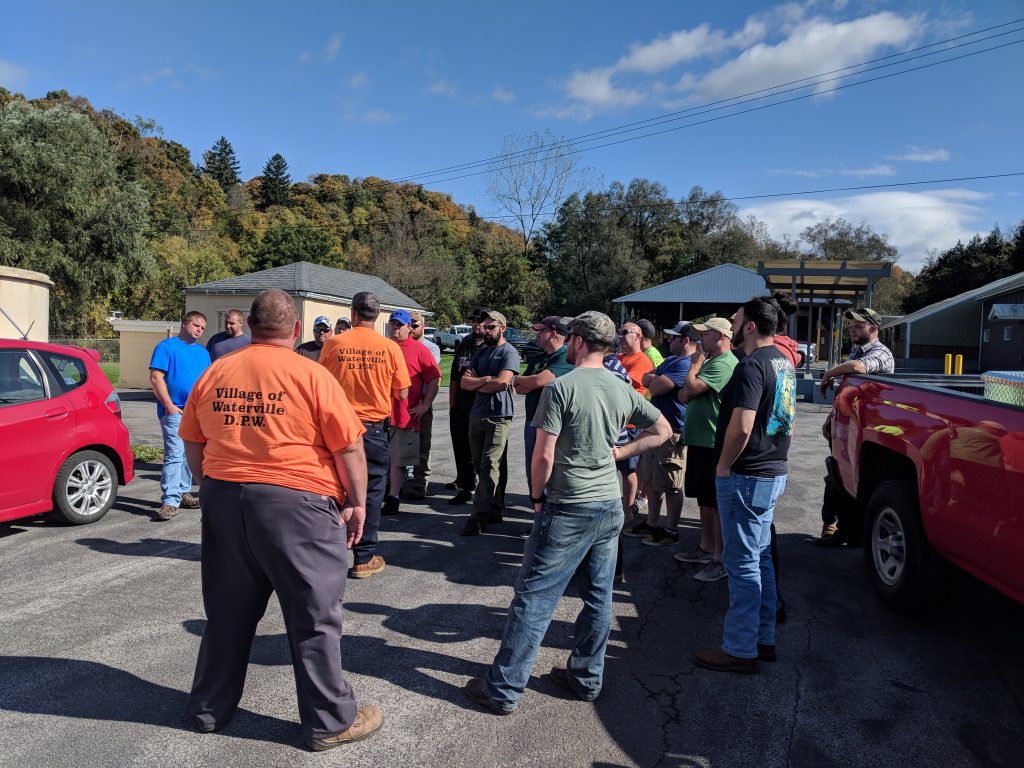Morrisville College Crash Course Prepares New Yorkers for Operator Certification Exams

Located about 48 km (30 mi) southeast of Syracuse, N.Y., Morrisville State College gives students the opportunity to study everything from seahorse conservation to cannabis farming.
But the classes that attract the greatest number of students from across the state to the small agricultural and technological college are those taught at its Environmental Training Center (ETC).
Hundreds of new and experienced water and wastewater professionals travel to the ETC each year to complete the training courses they need to become licensed operators in New York State.
Speedier Certification Training
Many prefer Morrisville, which is part of the State University of New York system, over other options for a variety of reasons, according to Stephen Sanders, the ETC’s director and head trainer. Perhaps the biggest reason is scheduling.
“A lot of schools stretch these types of classes out over a semester in evening classes held a couple of times a week,” explained Sanders. “That doesn’t give you the continuity of thought you need when you are also trying to balance work and family life.”

Instead, Morrisville ETC’s shrinks the timeframe, with classes taught full-time over a one- or two-week period. That concentrated approach allows students to complete a single course, take the final exam, and return home with a certificate of completion just a week or two later. In addition to being a more effective use of time, the approach also results in fewer distractions and better retention, Sanders said.
In addition to classroom learning, students at Morrisville ETC also benefit from water resource recovery facility tours and hands-on laboratory experience. Students take samples and return them to Morrisville’s private lab for data analysis, all under the guidance and support of experienced educators.
Robust Curriculum Meets Regulations
Launched in 1989, Morrisville’s ETC works closely with the New York Departments of Environmental Conservation and Health to design coursework that meets the agencies’ professional expectations and needs.

Total registration at the ETC exceeded 600 people this year. Class sizes range from 18 to 24 students for the program’s seven wastewater treatment and four drinking water treatment courses.
Most students start with foundational courses to sit for the Association of Boards of Certification Exam and return when they qualify for higher grades and additional licensing. Among the most sought-after courses is Basic Operations of Wastewater Treatment Plants, a 4-credit college course that students complete in two weeks.
Because most students travel to Morrisville, the program offers another valuable benefit. “Operators appreciate the opportunity to work with and learn from professionals from around the state and establish new professional contacts,” said Sanders.
For more information on courses offered, registration and accommodations, visit https://etc.morrisville.edu/.
— Mary Bufe, WEF Highlights
